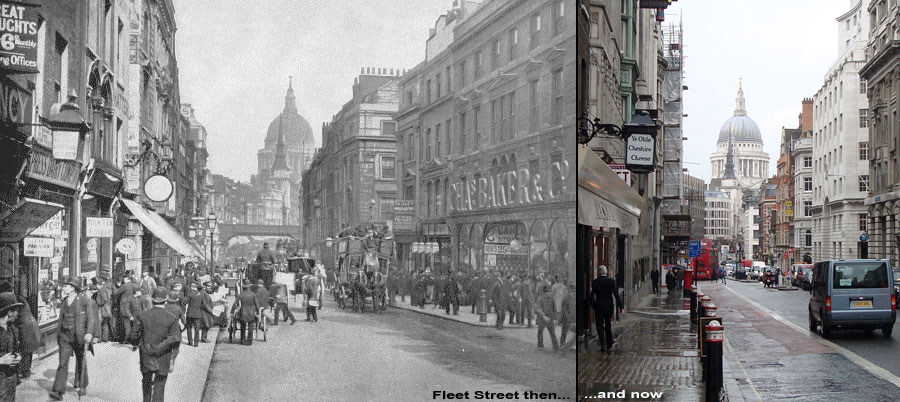
Nowadays British society think “live and let live”, but 30 years ago people desired for interference in people’s personal choices. Today there is are sweeping changes in how the country views homosexuality, religion and almost every institution in the land. 
The study, by NatCen Social Researcher (that surveys 3,000 people annually), confirms that the nation has changed in the last three decades; in fact the people are now much less bound by class, gender and sexuality.
Researchers also noted a recent shift towards a more sympathetic nation, but there is more hostility towards the banks and Europe, causing the EU to become less powerful.
On the issue of homosexuality, in 1983 only 41% accepted homosexuals to be teachers in schools, but now 83% accept this and also the governement has improved and agreed to legalis same-sex marriage.
Commenting on the recent fall in the numbers of people who believe benefits are too high, Alison Park, the head of society and social change at NatCen, said: “The 30 years of NatCen’s British social attitudes survey shows that the nation has become much more cynical about the welfare state and benefit recipients, but austerity seems to be beginning to soften the public mood. It’s also clear that on some issues the public are very divided in their views.”
Back in 1983, nine out of 10 people thought that banks were well run; but, says NatCen, “in the wake of the financial crisis of 2008, now just 19% do so”.
With the arrival of Prince George and the glamour of the royal wedding, it is unsurprising perhaps to find that monarchy bucks the trend. In 1983, as many as 65% said it was very important for Britain to continue to have a monarchy. By 2006 about a quarter of respondents agreed and now that figure is back up to 45%.
For the British society there are subjects more delicate such as abortion becouse in 1983 just 37% endorsed what might be regarded as a woman’s right to choose. Today this figure is about 62%. However, the report says that “most of this shift in attitudes occurred during the 1980s. Since then public opinion has shown little sign of shifting further, and there seems little reason to presume that Britain is heading towards some new moral consensus on this issue.”
Another issue is childcare. Most people, NatCen says, believe that there should be some paid parental leave when a child is born, the majority opting for six months. Just one in ten suggests that no paid leave should be available. However there is an obvious gender divide: women tend to support one year’s leave.
In conclusion the report identifies a definable “generation game”. The young are less likely to consider themselves part of any particular religion or political party, more suspicious of the benefits of welfare and less supportive of traditional family structures.
Sonia Odetto


